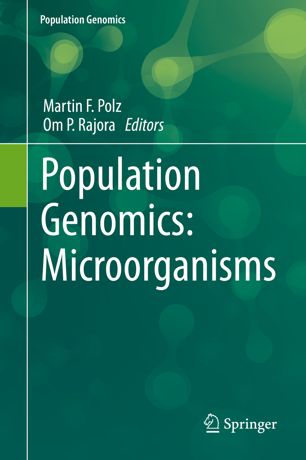

Most ebook files are in PDF format, so you can easily read them using various software such as Foxit Reader or directly on the Google Chrome browser.
Some ebook files are released by publishers in other formats such as .awz, .mobi, .epub, .fb2, etc. You may need to install specific software to read these formats on mobile/PC, such as Calibre.
Please read the tutorial at this link: https://ebookbell.com/faq
We offer FREE conversion to the popular formats you request; however, this may take some time. Therefore, right after payment, please email us, and we will try to provide the service as quickly as possible.
For some exceptional file formats or broken links (if any), please refrain from opening any disputes. Instead, email us first, and we will try to assist within a maximum of 6 hours.
EbookBell Team

4.7
46 reviewsPopulation genomics is a rapidly emerging field that has the potential to transform our understanding of how evolutionary forces shape genomic diversity among microbes. There have already been considerable advances in understanding gene flow and spread of adaptive traits, and in linking epidemiology with evolutionary biology. The current challenge is to find unifying evolutionary principles for organisms that display a wide range of reproductive biology – from highly clonal to promiscuous – and for which the vast majority have eluded cultivation. This requires interdisciplinary approaches that incorporate novel computational tools, testing of existing and novel population genetic models, and creative new ways of linking genetic diversity to ecological factors. This pioneering book will discuss the advances made and promises of population genomics in microorganisms, outlining some of the key theoretical and practical challenges for microbial population genomics, including defining and identifying populations, genomics-based reverse ecology and building appropriate tools to understand microbes in a variety of complex environments.